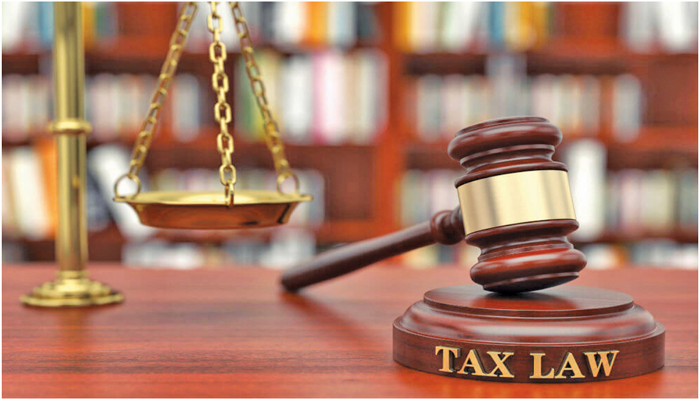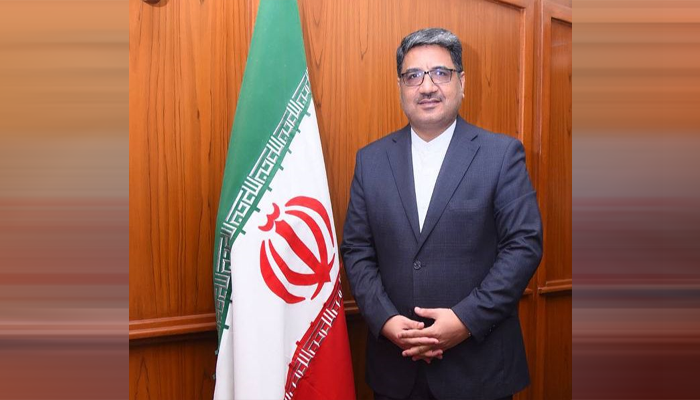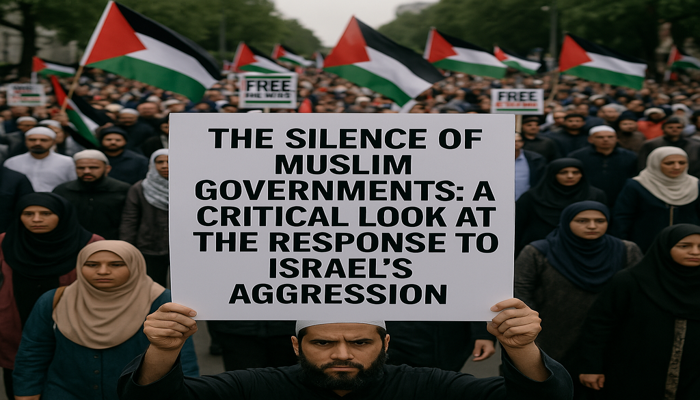The recent introduction of the Tax Laws (Amendment) Ordinance, 2025, on May 2, 2025, has significantly altered the landscape of Pakistan’s tax system. The new law grants the Federal Board of Revenue (FBR) unprecedented powers to enforce immediate tax recovery, even in cases where taxpayers have pending appeals or have secured stays from lower courts. While the government justifies these amendments as a necessary measure to close revenue leakages, concerns over their implications for due process, legal safeguards, and investor confidence are mounting.
One of the most contentious elements of the Ordinance is the insertion of subsections 138(3A) and 140(6A), which allow the FBR to recover taxes immediately, even when an appeal is pending or a stay has been granted. This power comes into play as long as a superior court (High Court or Supreme Court) has issued a ruling on the "related issue." Legal experts have raised serious concerns over this provision, arguing that it opens the door for arbitrary enforcement and undermines the right to a fair appeal process.
The language in these sections is disturbingly vague, allowing FBR to apply recovery measures based on a “related issue” without clear definition. This ambiguity raises the risk of overreach, where decisions in one case may be applied indiscriminately to others, bypassing the legal principle that taxpayers are innocent until proven guilty. Critics argue that this provision reverses the burden of proof, forcing taxpayers to pay their dues before their appeals are heard.
Legal observers point to the Islamabad High Court’s decision in the Pakistan LNG case as a pertinent example of why appeals must be heard before any tax recovery is enforced. In that case, the court ruled that tax recovery could not be initiated while the appeal was pending. The new amendments, however, allow the FBR to override such judicial protection, placing the administrative enforcement of taxes above the judicial process. This creates a dangerous precedent where the government’s executive powers could supersede the judiciary’s role in ensuring fair treatment for taxpayers.
Another major concern in the Ordinance is the provision under Section 175C, which grants the FBR the authority to station officers at business premises. This measure aims to monitor production, services, and inventories in real time, particularly in industries and sectors with a history of tax evasion. While the government claims this is necessary to bring parity between traders and service providers who operate outside the tax net, businesses see it as an unwarranted intrusion into their day-to-day operations.
For many entrepreneurs, having FBR officers on-site raises concerns about harassment, loss of privacy, and operational disruption. While the FBR assures that such actions will follow a strict set of Standard Operating Procedures (SOPs) and be subject to oversight, the business community remains skeptical. The Karachi Chamber of Commerce and Industry (KCCI) has voiced strong objections, arguing that this move signals a lack of trust in the private sector and could lead to increased administrative overreach.
The amendments also expand the role of non-FBR officials in monitoring and enforcing tax compliance. Provincial officials and other regulatory bodies are now empowered to conduct enforcement actions, particularly in industries such as tobacco, cement, and poultry. Critics argue that this creates confusion regarding jurisdiction and accountability, as these officials are not directly accountable to FBR protocols. This expansion could lead to inconsistency in enforcement practices and undermine the transparency of tax administration.
The introduction of these amendments has sparked a backlash from political parties, legal professionals, and business associations. Several bar associations have condemned the Ordinance, arguing that it violates the constitution and the taxpayer’s right to a fair legal process. Opposition parties have accused the government of bypassing parliamentary scrutiny by implementing these changes through an ordinance, rather than through a proper legislative process. “This is taxation by executive fiat,” stated a senior member of the opposition party, Pakistan Tehreek-e-Insaf (PTI).
Despite the mounting criticism, government officials defend the amendments as a necessary step to combat tax evasion and improve Pakistan’s tax-to-GDP ratio, which remains one of the lowest in South Asia. FBR officials argue that the new powers will help recover billions of rupees that have been stuck in the legal process due to procedural delays and appeals.
A spokesperson from FBR’s Legal Wing explained, “We are closing loopholes that have existed for decades. The new law ensures that confirmed tax liabilities are not stalled indefinitely due to prolonged appeals.”
While these claims may be valid from a fiscal perspective, the manner in which these powers are being exercised raises serious concerns about the long-term impact on taxpayer rights, business confidence, and legal certainty.
The business community, however, remains steadfast in its opposition to the Ordinance. Leading chambers, including the Federation of Pakistan Chambers of Commerce and Industry (FPCCI), Lahore Chamber of Commerce and Industry (LCCI), and KCCI, have demanded a rollback of the amendments. They argue that while the government may have good intentions, the new law creates an environment ripe for arbitrary enforcement that could stifle business growth, discourage investment, and undermine efforts to improve tax documentation.
“We are not against taxation,” said a representative from KCCI. “We are against arbitrary enforcement that disrupts operations and ignores due process. This new law could result in more businesses being pushed out of the formal economy.”
It is worth noting that in many developed countries, tax recovery is closely tied to the finality of the legal process. For example, in the United Kingdom, tax authorities cannot enforce recovery while an appeal is pending unless fraud or deliberate evasion is proven. Similarly, in the United States, the Internal Revenue Service (IRS) must wait for certain judicial review periods to lapse before proceeding with recovery. The new law in Pakistan, by reversing this principle, places undue stress on taxpayers and could be challenged in court.
With legal challenges expected in the coming weeks, the Tax Laws (Amendment) Ordinance, 2025, is likely to face judicial scrutiny. In the meantime, the FBR is confident that the new law will help it recover long-delayed tax liabilities. However, the cost of this recovery — in terms of legal certainty, business confidence, and public trust — remains to be seen.
As the dust settles, one thing is clear: the balance between enforcement and fairness is delicate, and the repercussions of the new amendments could have far-reaching consequences for Pakistan’s tax system and its broader economic environment.









